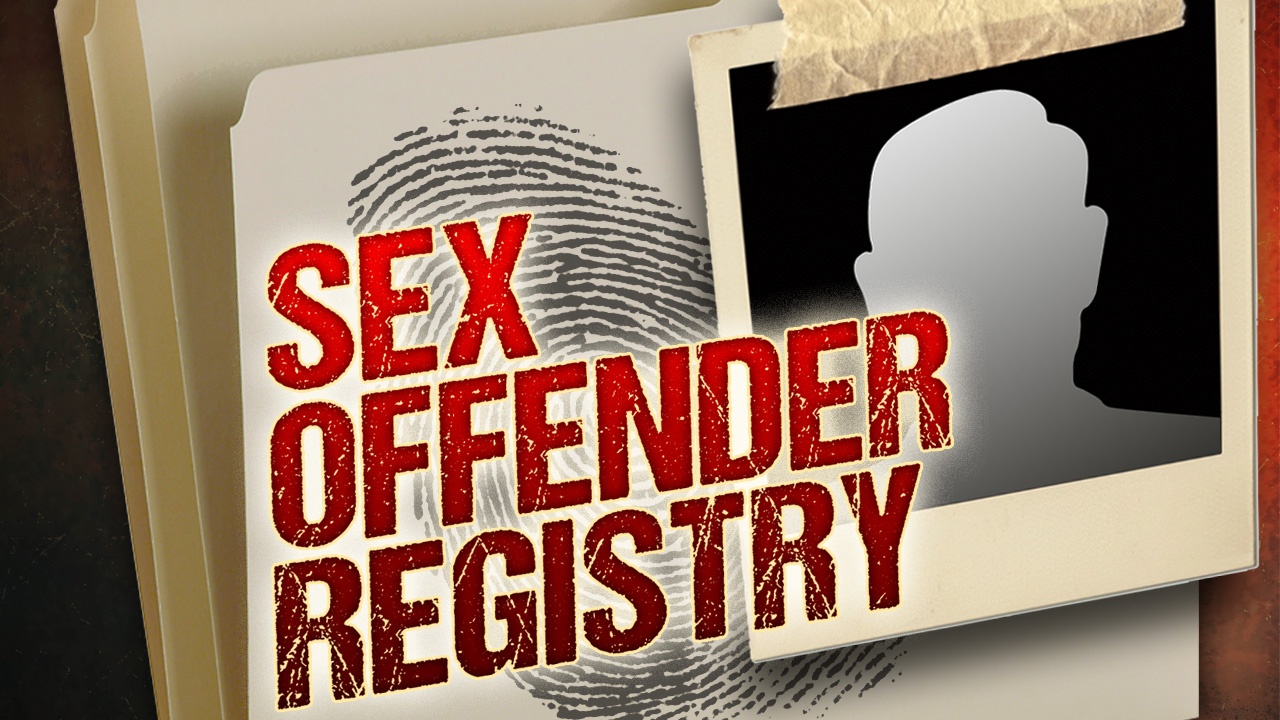People v Ellis
NY Slip Op 05183
Decided on September 27, 2019
Need an appeals attorney to handle your criminal appeal and ensure you are treated fairly by the justice system? Contact us today.
Issue:
Sex Offenders’ Disclosure of ‘Internet Identifiers’
Whether defendant Ellis, a level three sex offender, violated Correction Law § 168-f (4) by failing to disclose that he had a Facebook account, though he disclosed other “internet identifiers” such as his email address, service provider, and screen name.
Holding:
Statute Does Not Require Disclosure of Services on Which Offenders Have Accounts
The Court of Appeals held that defendant did not violate Correction Law § 168-f (4), as the statute does not require that offenders disclose the services on which they have accounts, and Facebook is not an “internet identifier,” but an “authorized internet entity.”
Facts:
Correction Law § 168-f (4) requires that sex offenders register with the Division of Criminal Justice Services (DCJS) “no later than ten calendar days after any change of address, internet accounts with internet access providers belonging to such offender, [or] internet identifiers that such offender uses.” The statute defines “internet identifiers” as “electronic mail addresses and designations used for the purposes of chat, instant messaging, social networking or other similar internet communication.”
In 2015, defendant completed his annual “Verification Form,” wherein he disclosed his service provider, screen name, and email addresses. Although he disclosed the identifier he used to log into Facebook, and the name by which he went by on Facebook (his real name), he did not disclose that he had a Facebook account. He was subsequently charged with failing to register in violation of Correction Law § 168-f (4), based on his failure to disclose the Facebook account as an “internet identifier.”
Defendant moved to dismiss the indictment on the grounds that it failed to charge a crime or offense as Facebook is not an “internet identifier.” County court denied the motion, and defendant pled guilty. The Appellate Division reversed the judgment and dismissed the indictment, holding that although sex offenders must disclose all “internet identifiers,” the statute does not require that they disclose the services on which they have accounts, so the indictment failed to charge defendant with a crime.
Analysis:
Facebook Not an Internet Identifier
The term “internet identifiers” was added to the statutory scheme in 2008 with the enactment of the Electronic Security and Targeting of Online Predators Act,” or “e-STOP,” which allowed DCJS to release to “authorized internet entities” the “internet identifiers” used by sex offenders in order to enable those entities to “prescreen or remove sex offenders from [their] services” and to “advise law enforcement and/or other governmental entities of potential violations of law and/or threats to public safety” (Correction Law § 168-b [10]).
The statute defines an “authorized internet entity” as “any business, organization or other entity providing or offering a service over the internet which permits persons under eighteen years of age to access, meet, congregate or communicate with other users for the purpose of social networking.” Facebook plainly falls within that definition, and therefore is not an “internet identifier.”
The Court of Appeals concluded that the statute does not require offenders to disclose “authorized internet entities” to DCJS. Defendant Ellis disclosed his email address and his real name, which he used to access his Facebook account, along with his service provider as required by the Verification Form. The indictment does not, therefore, charge defendant with a crime, and is jurisdictionally defective. The order of the Appellate Division was affirmed.
